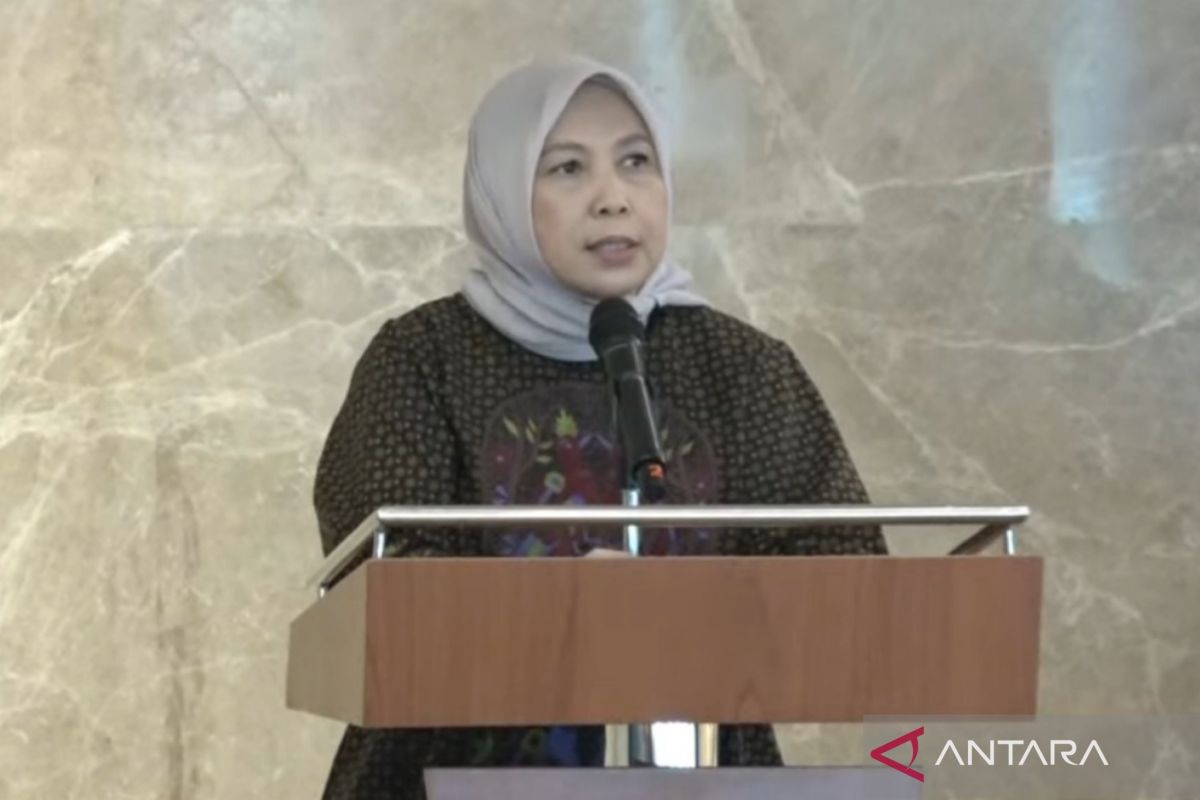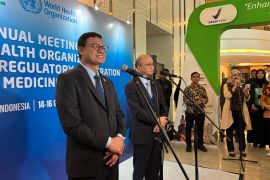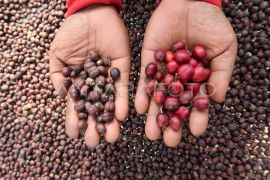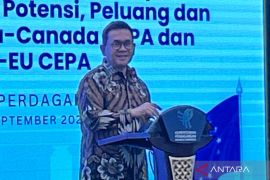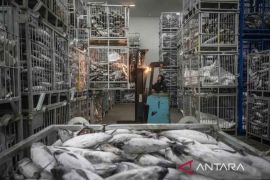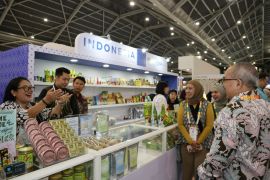According to the ministry's Head of the Trade Policy Agency, Fajarini Puntodewi, Trump is expected to impose an additional tax rate of 10-20 percent on all goods entering the US.
"Of course, with this policy, there will be an impact, both on trade with America and with China, of course, where these two countries are Indonesia's main trading partners," she noted here on Tuesday.
In addition to imposing additional tax rates on other countries, Trump is also said to have imposed around 60-100 percent tariffs on Chinese products entering the US.
However, she noted that during Trump's first administration in 2017-2021, Indonesia's export trend to the US actually increased and even experienced a surplus.
Moving forward during US President Joe Biden's administration, such a trend continues to increase.
Hence, Trump's future leadership is expected to not bring major changes in export performance.
"We hope that in this second (term of) Trump (administration), there will not be too many changes to our export performance," she said.
Related news: Mulyani warns broader ASEAN impact from Trump's import tariff policy
Earlier, Executive Director of the Institute for Development of Economics and Finance (Indef) Esther Sri Astuti assessed that Indonesia needs to increase and improve its industrial competitiveness in order to anticipate Trump's victory in the 2024 US Presidential Election, which will reduce imports from other countries.
"What is important is that Indonesia improves its industrial competitiveness," Esther emphasized.
Given Trump's leadership in the previous period, Esther is wary of the possibility of increasing import tariffs from other countries to the US.
Hence, the Indonesian government is advised to strengthen the domestic industry in order to reduce the effects of Trump's policies later.
Meanwhile, the Center of Economics and Law Studies (Celios) economist Nailul Huda appealed to the Indonesian government to strengthen the domestic economy as a safeguard against potential consequences of Trump's victory.
The concern stems from Trump's strained diplomatic ties with Beijing, which have resulted in the emergence of a trade war. This hostile trade environment has created barriers for other nations attempting to sell their products to both the United States and China.
The growing competitive pressures on Indonesian exports, particularly in the textile sector, may constrain international trade and potentially slow economic growth.
Hence, Indonesia's government should diversify its export destinations beyond its conventional trading partners to reduce market dependence.
Huda recommends the Middle East market as an alternative for Indonesia.
"The export market share of Middle Eastern countries could be an option for our export products," he said.
Related news: Indonesia focus on trade competitiveness : Trade Minister
Translator: Maria Cicilia Galuh Prayudhia, Yashinta Difa
Editor: Yuni Arisandy Sinaga
Copyright © ANTARA 2024
